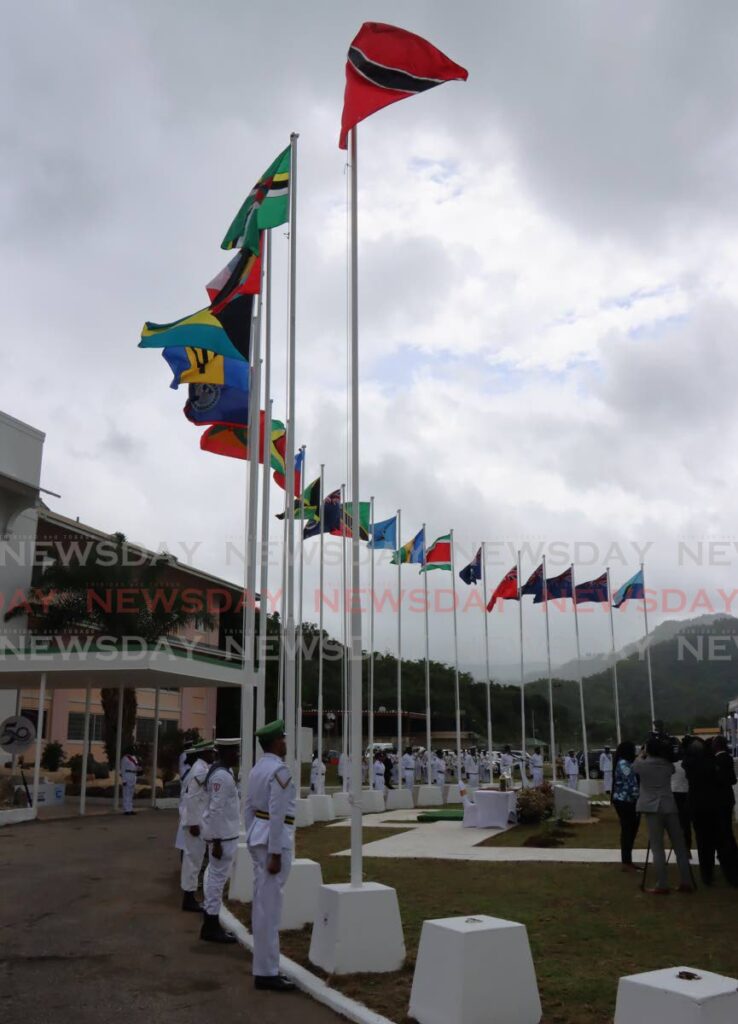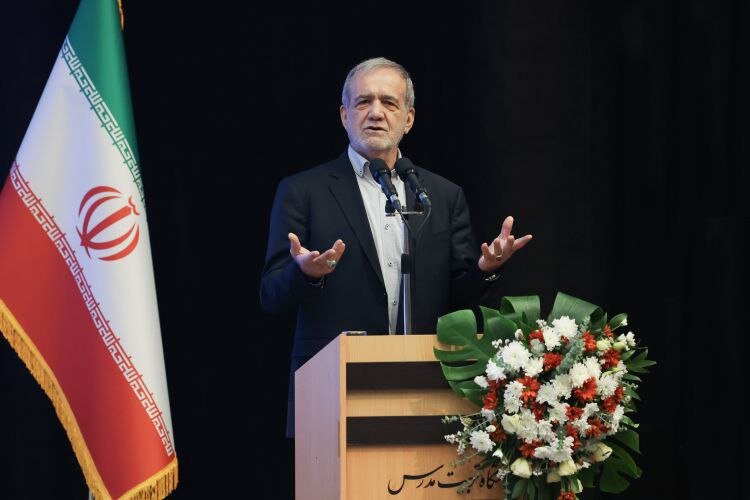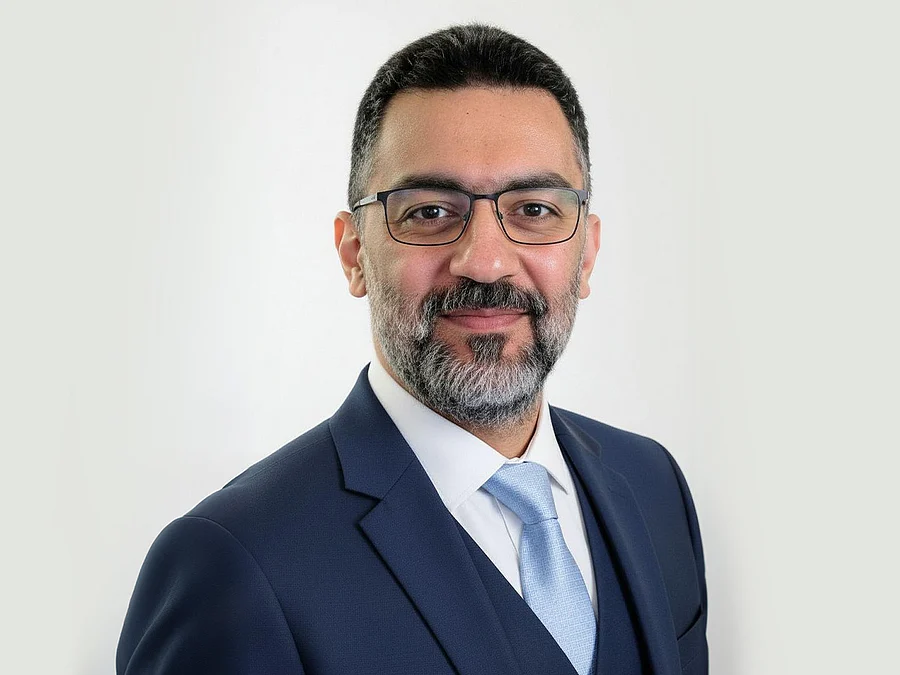Copyright newsday

Imagine leaving home with a single document that lets you live and work in another Caribbean country without a work permit. That is the reality for hundreds of Caricom nationals who have used the CSME Skills Certificate – formally the Certificate of Recognition of Caricom Skills Qualification – to pursue careers, start businesses and settle abroad while keeping family unity intact. A practical passport for skilled movement The skills certificate is central to the Caricom Single Market and Economy’s free movement regime. It recognises qualifications and allows eligible nationals in an approved category to travel to a participating member state, obtain an initial six-month entry stamp, begin work immediately, and then secure an indefinite stay stamp once the receiving state’s competent authority verifies the certificate. Spouses and dependants enjoy the same rights to live and work with the certificate holder. Who qualifies? Twelve categories of skilled nationals are eligible, including: · University graduates; nurses; teachers; holders of associate degrees; · Artistes; musicians; media workers; sportsmen; artisans; · Domestic workers; agricultural workers; private security officers. Holders may live and work indefinitely in Antigua and Barbuda, Barbados, Belize, Dominica, Grenada, Guyana, Haiti, Jamaica, Montserrat, Saint Kitts and Nevis, Saint Lucia, Saint Vincent and the Grenadines, Suriname and TT. How TT nationals apply Applications in TT are processed by the Ministry of Foreign and Caricom Affairs, CSME Unit, through the fully digitalised e-application portal at https://csme.foreign.gov.tt/. Applicants must register and complete the online form and provide the following: · Valid passport (bio-data page); · Birth certificate (and marriage certificate, if applicable); · One passport photo (white background); · Proof of qualifications (degree, certificate, licence, NVQ or CVQ, etc.); · Police certificate of character (no older than six months). Category-specific document requirements are listed on the CSME Unit pages on the ministry website. Applicants who need help can book telephone, virtual or in-person consultations via the e-appointment portal at appointments.gov.tt. What to expect after submission Processing typically takes four to six weeks. After this period, the applicant schedules a collection appointment through the e-appointment portal to collect the skills certificate. On arrival in the receiving state, the holder presents the certificate to immigration and receives an automatic six-month stamp; the holder must then present the certificate to the receiving state’s competent authority for verification. The holder may work while verification is underway, and once validated, the indefinite stay stamp is issued. For employers needing interim assurance, the CSME Unit can issue a Letter of Comfort to confirm that an application is in progress. Applicants can also monitor progress through the portal’s time bar. Approved applicants receive a guidance letter detailing immigration arrival steps and rights as a Skills Certificate holder. Real lives changed "The process was straightforward and seamless," says Sabrina Looking, a licensed cosmetologist from TT who used her certificate to relocate to Belize and establish a business there. "From applying in Trinidad to settling in Belize, everything flowed smoothly. The authorities here were also very supportive in helping me establish my business." For medical professionals, the certificate has been transformative. Dr Earl Brathwaite, an obstetrician and gynaecologist from Barbados, has worked in TT for 18 years after receiving his certificate in 2006. "Thanks to the CSME, I’ve been able to work freely within the TT health sector," he explains. "Trinidad acts as a hub; close to home, with easy access to the wider Caribbean." For community leaders, it has unlocked purpose. Joel Gibbons from TT moved to Montserrat after receiving his certificate and now works as a community development coach for the Montserrat Football Association. "This opportunity has allowed me to pursue personal growth and broaden my horizons outside of TT," he says. "It is like working in paradise, peaceful, serene and beautiful. The CSME has made this possible." Why the scheme matters Beyond permitting movement, the CSME Skills Certificate supports regional integration, job creation and shared economic growth. Certificate holders are protected against restrictions on freedom of movement, discrimination in hiring, limits on property access for residence and barriers preventing spouses and immediate dependants from accompanying the holder. The scheme promotes cultural exchange, professional development and a stronger, more unified Caribbean economic space. Next steps and contacts Prospective applicants in TT should register and complete their application and consult the CSME Unit’s resources on the Ministry of Foreign Affairs website for detailed category requirements. This guest column was submitted by the Ministry of Foreign and Caricom Affairs.



